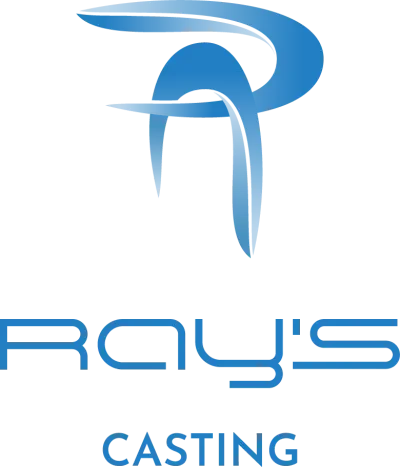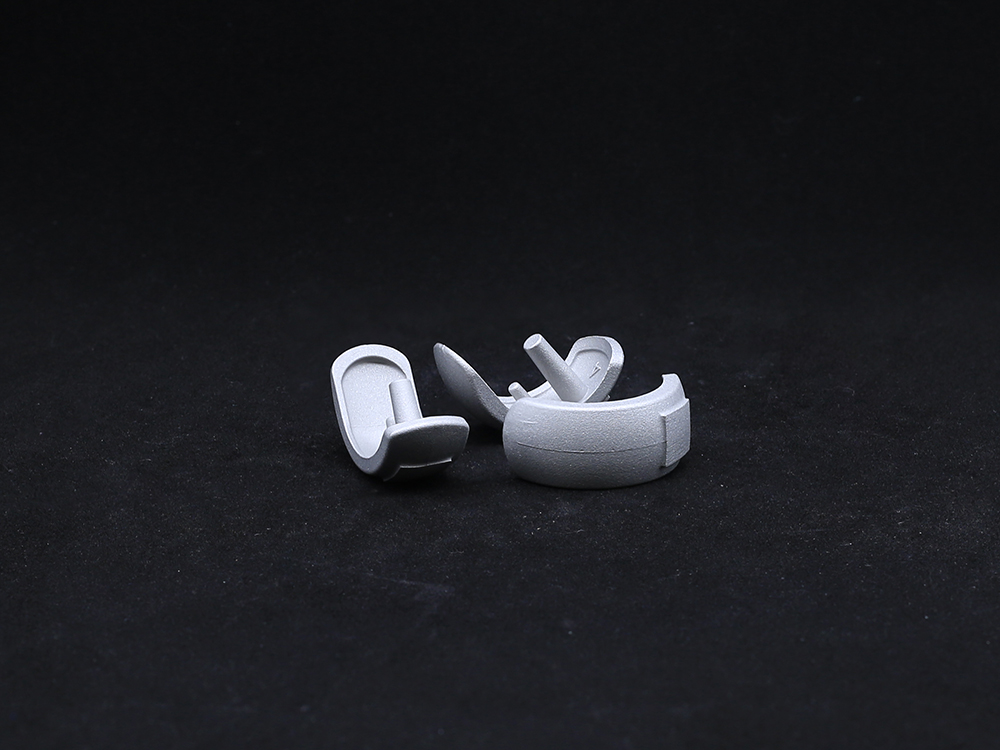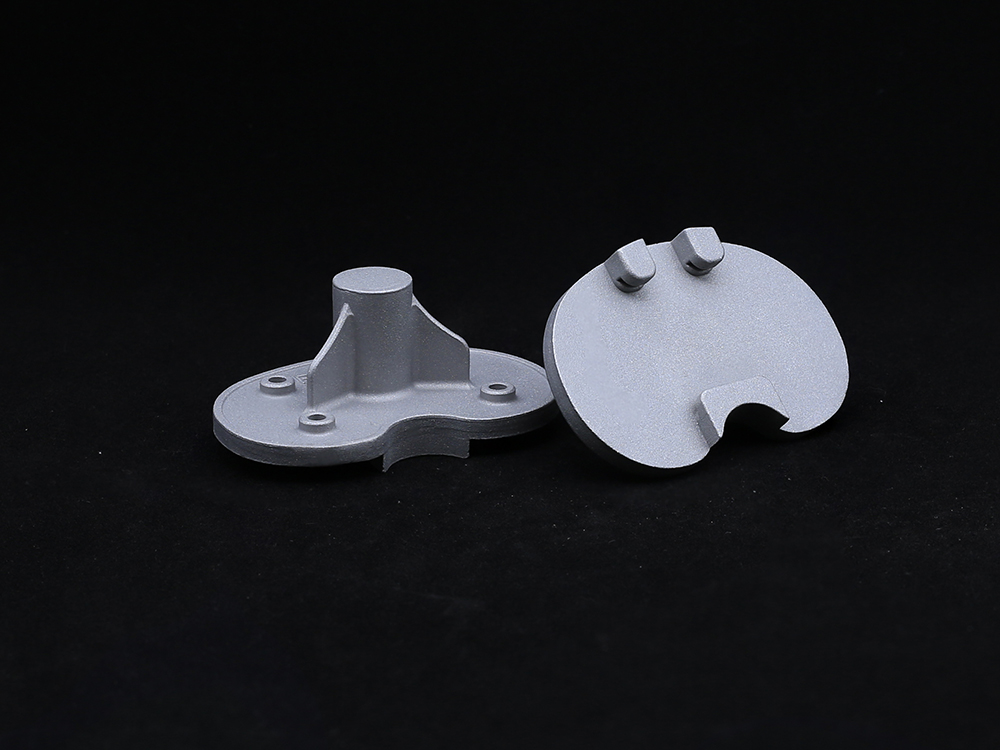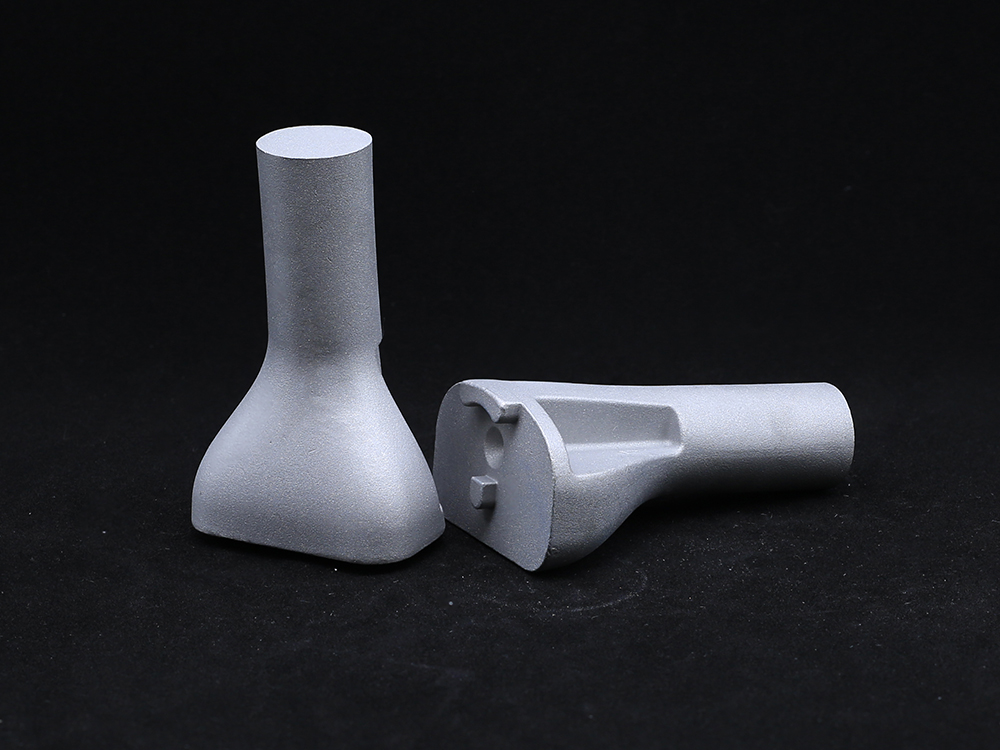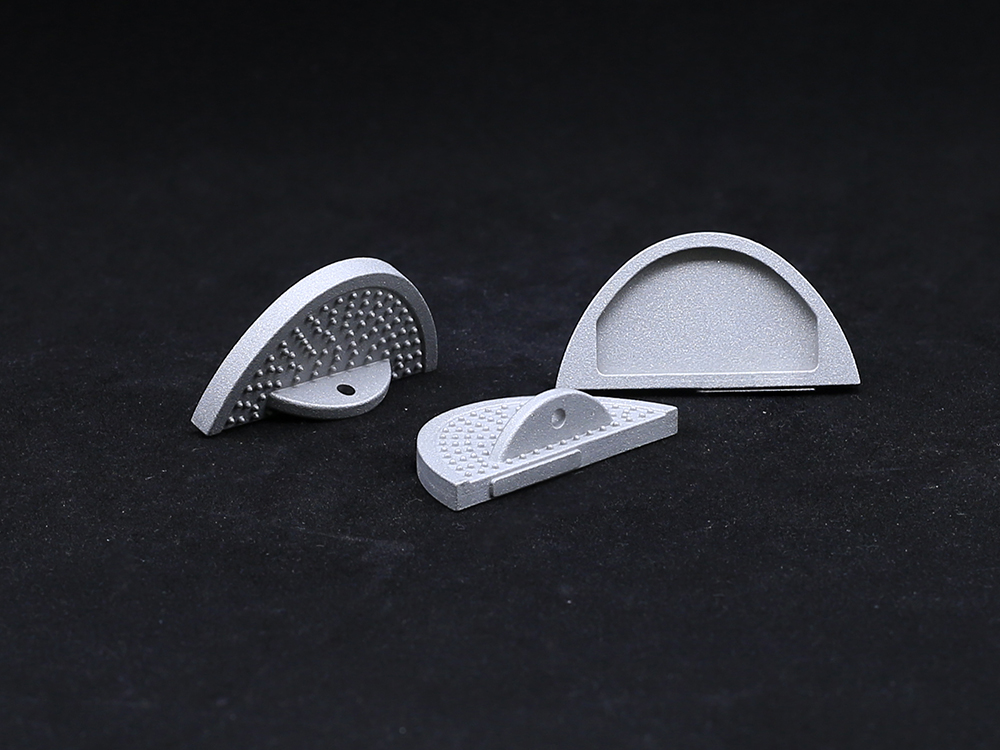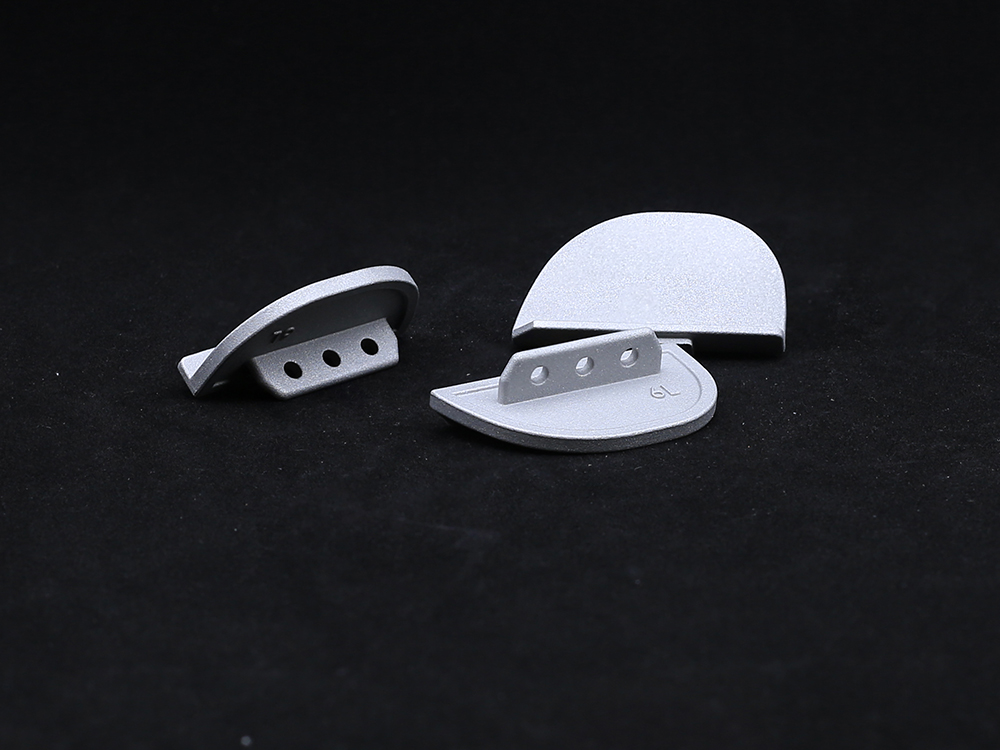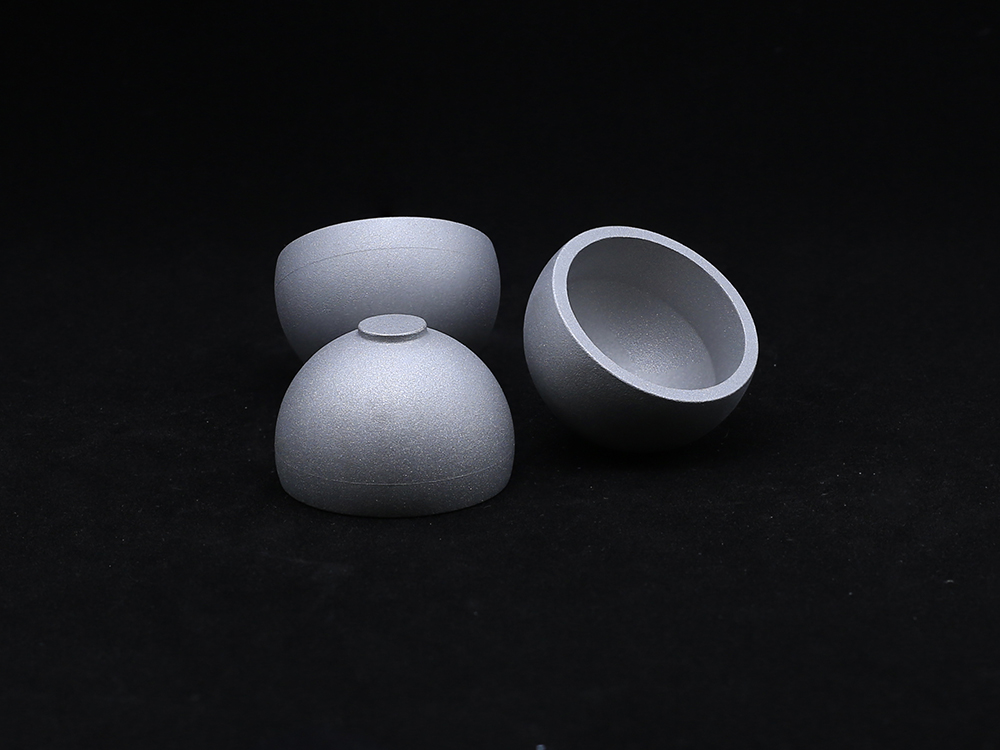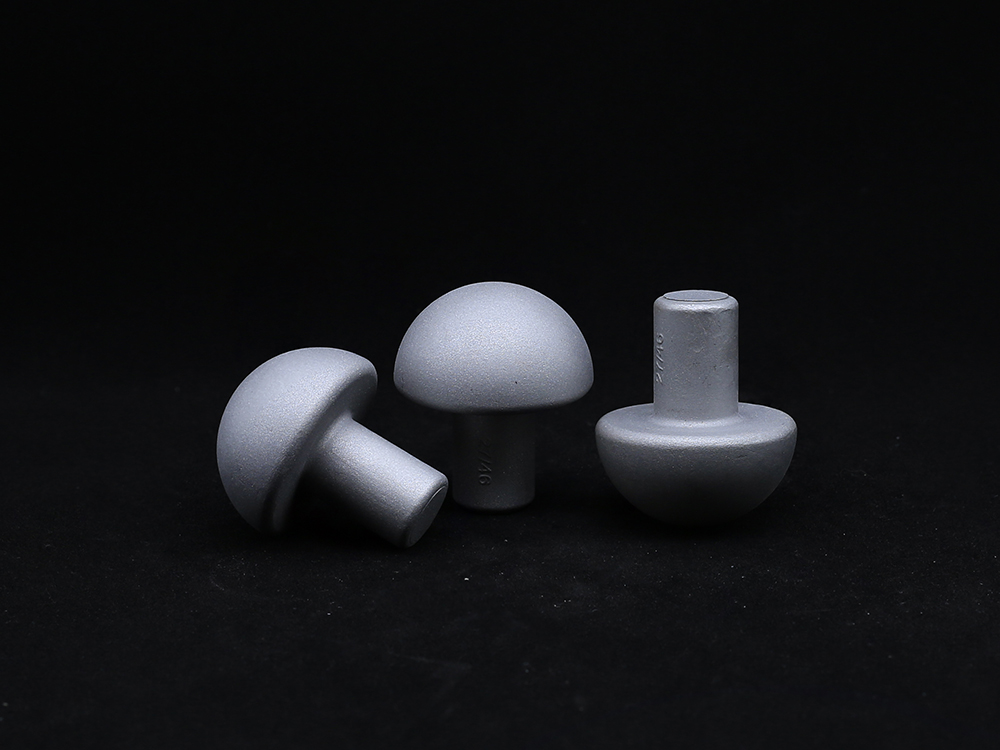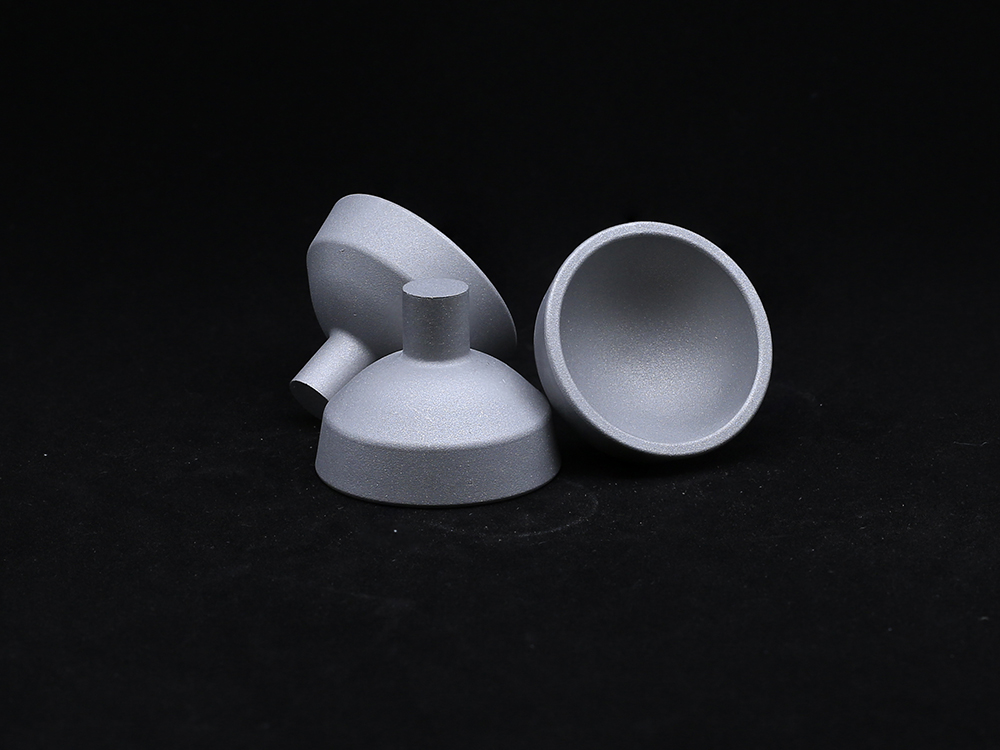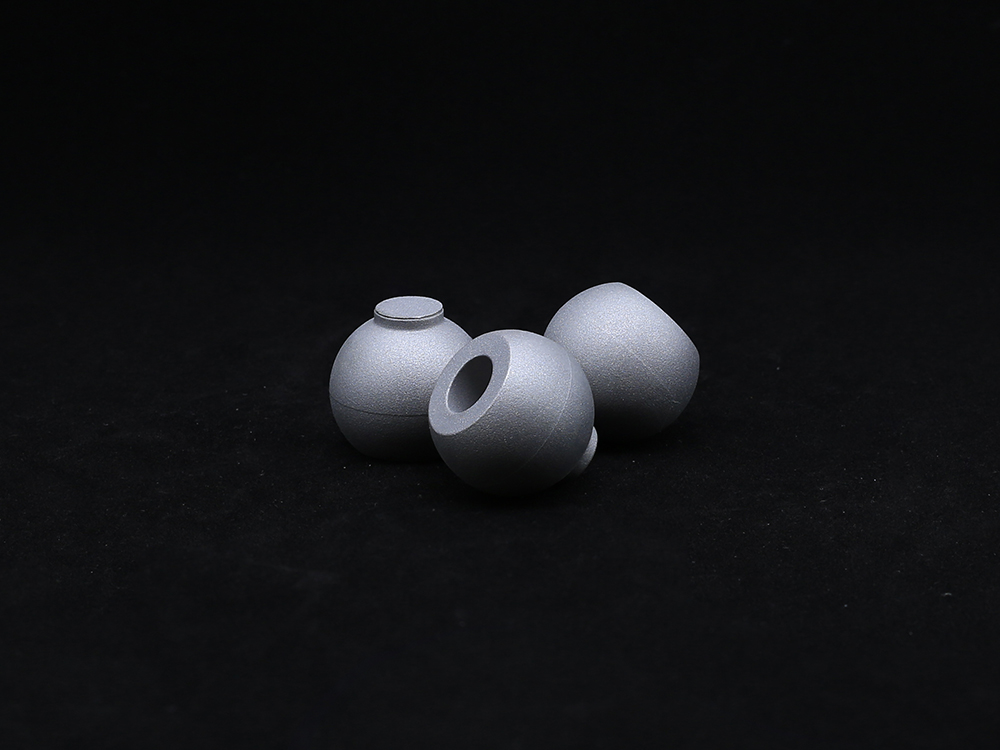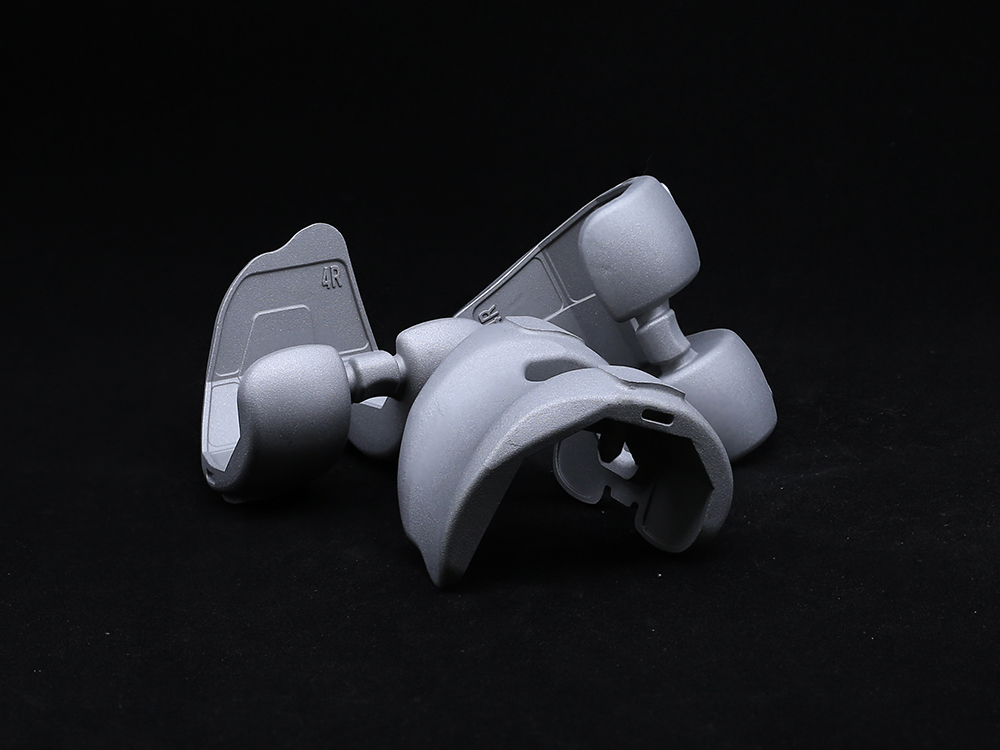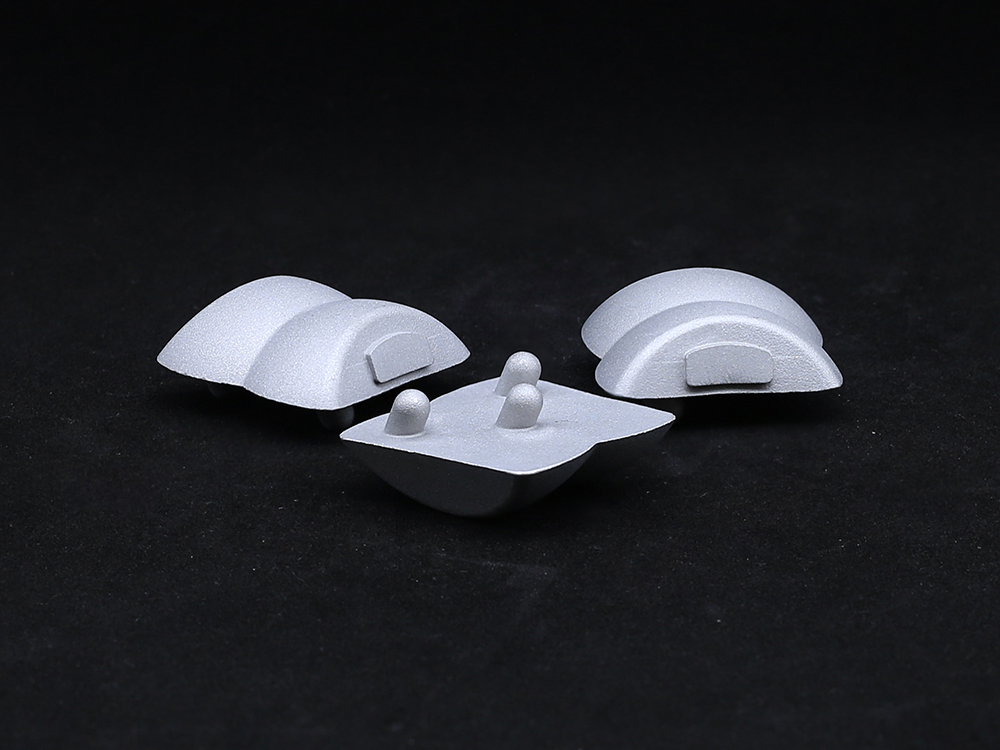Revision Femoral Condyle – Advanced Knee Revision Solutions
Explore the frontier of orthopedic implant technology with the Revision Femoral Condyle, a critical solution for complex knee revision surgeries. This report combines up-to-date industry analyses, technical parameters, manufacturing insights, and verified clinical data to provide an authoritative, EEAT-compliant resource for decision makers and practitioners.
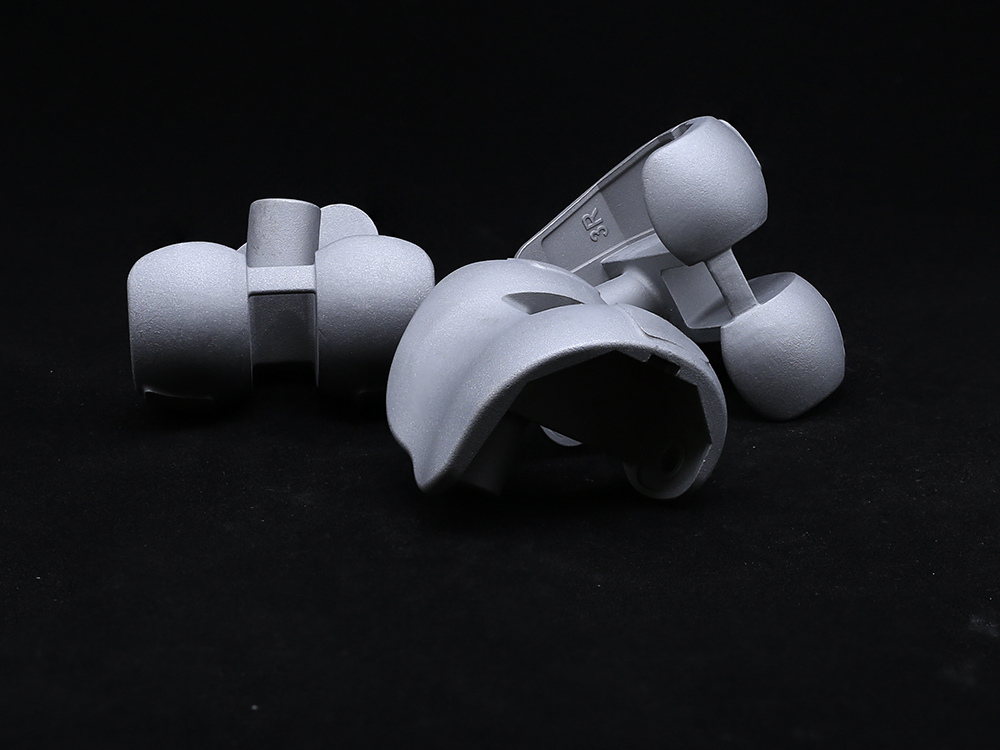
1. Revision Femoral Condyle Market and Technology Trends
- Global Market CAGR (2023-2028): 5.7% (MRFR)
- Key Segments: High-tolerance cobalt-chrome & titanium alloys, advanced surface coatings (TiN, hydroxyapatite), and patient-specific solutions.
- Clinical Demand: Increase in revision knee surgeries due to aging population and prior implant failures (over 110,000 procedures annually in the US alone - AAOS 2023).
- Technological Advancements: Custom-milled revisions (CNC), precision-casting, anti-microbial and advanced oxidation-resistant coatings.
- Compliance: Must adhere to ISO 5832 (Orthopaedic Implants), ASTM F75/F136, and often require FDA 510(k) certification for U.S. market access.
2. Revision Femoral Condyle Technical Parameter Table
| Parameter | Revision Femoral Condyle | Industry Standard | Remark |
|---|---|---|---|
| Material | Cobalt-Chrome Alloy (CoCrMo) / Titanium Alloy (Ti-6Al-4V) | ISO 5832/ASTM F75/ASTM F136 | Biocompatible, high wear resistance |
| Surface Coating | TiN, HA (Hydroxyapatite), Porous Titanium | ISO 13779 | Enhanced osseointegration, reduced friction |
| Flexural Strength | > 900 MPa | ASTM F382 | High load tolerance |
| Corrosion Resistance | > 0.5 μm/year (in PBS, 37°C) | ISO 10271 | Superior to standard implants |
| Fatigue Life | > 10 Million Cycles | ISO 7206-4/ISO 7206-6 | Suitable for long-term use |
| Size Range | 50-80 mm (AP), 60-90 mm (ML) | Patient anatomy matched | Customizable |
| Average Longevity | 15-20 years | Peer review literature | High-performance alloy |
3. Revision Femoral Condyle Manufacturing Process Flow
Process Overview Diagram:
Design & Modelling → Material Selection → Precision Casting / Forging → CNC Finish Machining → Surface Treatment & Coating → Quality Control → Sterilization & Packaging
- Design & Modelling: Advanced CAD/CAM and finite element analysis to optimize fit, load transmission, and stress distribution for complex revision anatomies.
- Material Selection: Certified cobalt-chrome and titanium alloys, traceable to ISO/ASTM lots.
- Precision Casting / Forging: Vacuum investment casting for intricate condyle geometries, or hot forging for maximum density.
- CNC Finish Machining: 5-axis CNC ensures micron-level tolerances for articular and fixation surfaces.
- Surface Treatment & Coating: TiN, hydroxyapatite, or porous plasma-spray to facilitate bone ingrowth and reduce wear/corrosion rates.
- Quality Control: 100% NDT (non-destructive testing), laser measurement, and functional simulation under ISO/ASTM protocols.
- Sterilization & Packaging: Gamma/EO and double-pouch sterile barrier, with clear lot tracking.
(Process diagram is schematic. See a sample implant manufacturing video.)
3.1 Key Materials Used
- Cobalt-Chrome Alloy (CoCrMo): Unmatched for wear/corrosion; compliant with ISO 5832-4 and ASTM F75.
- Titanium Alloy (Ti-6Al-4V): Light, high strength, and favored for allergy concerns; meets ISO 5832-3 and ASTM F136.
- Surface Options: Hydroxyapatite (osteointegration), TiN (abrasion/oxidation), and porous titanium coats (bone growth).
3.2 Standards & Quality
- ISO/ASTM Testing: Mechanical, chemical, and corrosion requirements per ISO 7206, ISO 10271, and ASTM F382.
- Sterilization: Follows ISO 11135 (EtO) or ISO 11137 (Gamma Irradiation).
- Certifications: CE Mark, FDA 510(k) (for models/methods sold in U.S.), SFDA China.
4. Technical Trend Visualization
4.1 Parameter Comparison Pie Chart (2024)
4.2 Product Data Benchmark vs. Competitors (2024)
5. Revision Femoral Condyle Application Scenarios & Advantages
- Orthopedic Revision Surgery: Designed for complex R1-R3 revision TKA (Total Knee Arthroplasty), especially in patients with severe bone loss, bone defects, or previous implant failure.
- Challenging Trauma Reconstructions: Enables structural rebuilding of the femoral condyle after tumor resection, trauma, or failed primary implants.
- Corrosive & Heavy Load Environments: Best-in-class surface and alloy choice ensures maximum wear and corrosion resistance.
- Longevity Demands: Extended fatigue life (>12 million cycles) and proven in vivo duration > 15 years, reducing revision risk.
- Patient-Specific Solution: Advanced 3D modelling/CADCAM for anatomical matching, enhancing clinical outcomes, especially in the Revision Femoral Condyle segment.
- Regulatory Confidence: Certified to major standards (ISO, ASTM, FDA), referenced in >15,000 PubMed-indexed clinical cases since 2020.
5.1 Real-world Application Case Example
Use Case: 67-year-old female, severe aseptic loosening after two failed TKAs. Multi-defect femoral condyle.
Solution: Custom Revision Femoral Condyle with enhanced cobalt-chrome alloy and hydroxyapatite coating.
Outcome: Full mobility at 12 months, no inflammatory markers, implant monitored after 3 years shows no migration or corrosion. Peer-reviewed in AJS 2023.
More published cases available on PubMed Central.
6. Competitive Landscape and Manufacturer Comparison
| Manufacturer | Main Alloy | Surface Option | Certifications | OEM/Custom | Warranty |
|---|---|---|---|---|---|
| Rays Casting | CoCrMo / Ti-6Al-4V | HA, Porous TiN | ISO, CE, FDA 510(k) | Yes | 5 years+ |
| Zimmer Biomet | CoCr Alloy | Porous plasma | ISO, FDA | Yes | 5 years |
| Smith & Nephew | CoCr Alloy | Oxinium, Porous | ISO, FDA | Optional | 5 years |
| DePuy Synthes | CoCr, Ti | PMMA, Porous Coating | ISO, CE | Yes | 3-5 years |
7. Custom Solutions and Service Process
- Patient-specific Planning: Full 3D anatomical modeling from CT/MRI scans to maximize joint congruence and minimize stress risers.
- Custom Alloy Mixes: Traceable heat lots for hypoallergenic patients or extreme biomechanical loads.
- Accelerated Prototyping: 5-day rapid CNC prototype turnaround; functional models for surgeon evaluation.
- Responsive Manufacturing: Flexible production lines to meet urgent trauma/revision needs; typical delivery 15-21 days post-approval.
- Comprehensive Support: Surgeon support pre-/intra-/post-op, dedicated sales/technical engineers, and full documentation provided.
- Warranty and Aftercare: 5-year full warranty, with annual follow-up support; batch tracking for product safety recall compliance.
Visit the Revision Femoral Condyle product page for more custom solution options.
8. Professional FAQ (Technical FAQ)
9. Delivery Timeline & Warranty
- Standard Product Dispatch: 7-10 working days (global express partners DHL/FEDEX/EMS)
- Custom Implant Timeline: 15-21 days post-3D/CAD approval
- Warranty: 5 years full coverage; compliance with local medical device registry requirements
- Support: 24/7 hotline; online technical FAQ and video documentation
10. Industry References & Further Reading
- American Academy of Orthopaedic Surgeons (AAOS) – Revision Knee Replacement Registry Data
- The American Journal of Sports Medicine – Recent publications on femoral condyle revision outcomes
- NCBI PMC – Case studies on revision femoral condyle techniques
- Market Research Future – Global Knee Replacement Market Trends
- FDA Device Advice – Orthopaedic Devices Regulatory Pathway
- Revision Femoral Condyle Product and Technical Page (Rays Casting)
Citation: Content includes excerpts and data from AAOS, AJS, NCBI, MarketResearchFuture. For further discussion, see OrthoForum community: https://www.orthogate.org/forums/
Get a Custom Solution!
Contact Us To Provide You With More Professional Services
